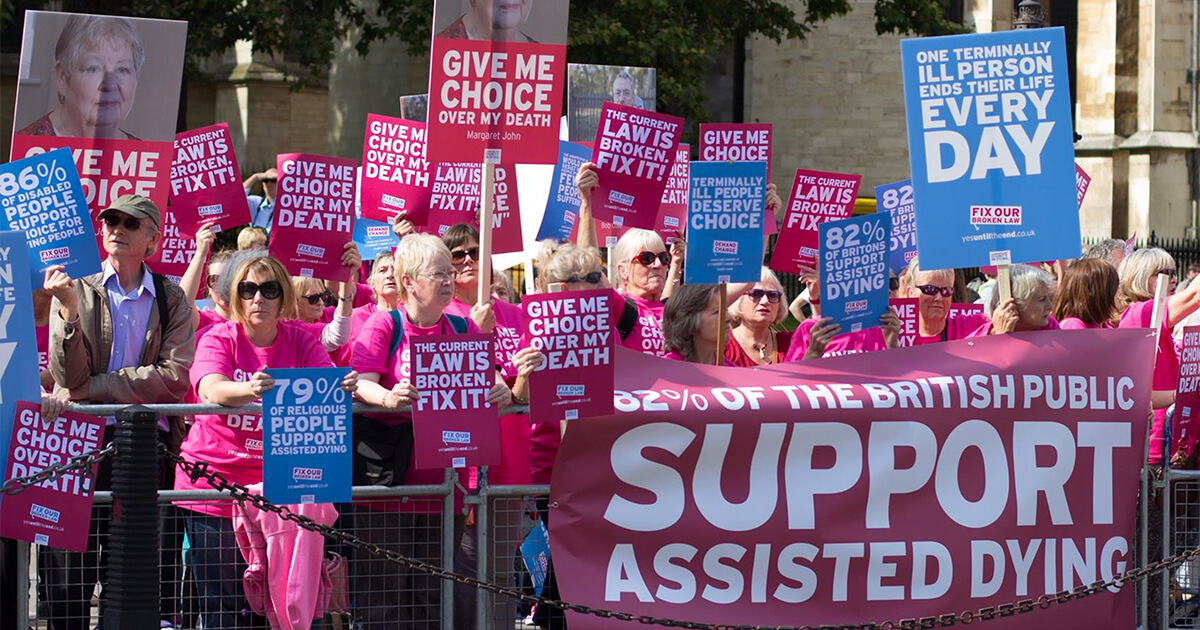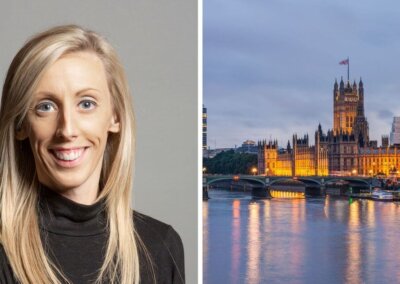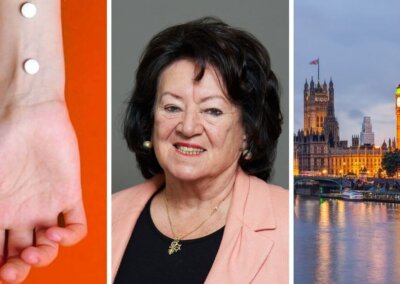Legalising assisted suicide would save the NHS money and potentially release higher quality organs for transplant argue researchers at the University of Strathclyde, raising ethical concerns.
The highly controversial paper by Dr David Shaw, an ethicist at the Universities of Basel and Maastricht, and Professor Alec Morton, a health economist and analyst, has been criticised by palliative care and pro-life groups.
The pair say they do not intend their arguments to be used as the basis on which to change present legislation but claim that permitting assisted suicide would substantially benefit both the small population that seeks it and the larger general population.
Additionally, lead author, Dr Shaw, has dismissed criticisms from individuals – who have suggested it is callous to consider assisted suicide from the perspective of resource management – by labelling this criticism as “misplaced”.
He adds: “We are simply arguing that the economic costs of denying assisted dying should not be ignored; they should not be the key driver of any legal change, but it would be irresponsible not to consider them.”
The researchers argue that up to £74m could be saved if just one-third of the costs involved in caring for those with cancer were cut by vulnerable cancer patients opting for an assisted suicide.
In the paper, the authors write: “Organ donation could also benefit because there are several reasons why donation, after assisted dying, is better from a clinical and economic perspective.
“First, if patients are denied assisted dying, organ function will gradually deteriorate until they die naturally, meaning that transplantation is less likely to be successful. Second, patients who choose assisted dying have to go through a lengthy process, and organ donation can be easily integrated into that process…”
This year it was revealed that the legalisation of assisted suicide in Canada has led to a surge in organ donations and the open solicitation of those considering medically assisted death. In one case, a chronically ill man was denied healthcare at his home and instead offered an assisted suicide.
Dr Moira McQueen, executive director of the Canadian Catholic Bioethics Institute, told CNA such practices appear “rather horrifying.”
Given that a person who is approved for euthanasia may not be terminally ill, McQueen added it is not out of the realm of possibility that a primary physician “might well suggest organ donation as, if not an incentive, a kind of ‘consolation’ for the person’s own loss of life.”
The UK parliament has consistently rejected attempts by the assisted suicide lobby to introduce assisted suicide, with 330 to 118 voting against introducing assisted suicide in 2015.
A new Assisted Dying Bill by Lord Falconer has recently received its first reading in the House of Lords. Due to the busy parliamentary timetable, it is unlikely that this bill will be debated further, but it demonstrates the clear intent from the pro-assisted suicide lobby to try and change the law.
Dr Gordon Macdonald, chief executive of Care Not Killing, which resists any change in the law, said: “This report is highly disturbing. It highlights the dangers of legalising euthanasia. Very quickly the argument moves from that of personal autonomy to doctors and nurses making value judgments about the quality of other people’s lives while seeking to save money and tackle so-called ‘bed blocking’ in health services.”
A spokesperson for Right To Life, Catherine Robinson said:
“You can learn a lot from paying close attention to countries and other places where assisted suicide and euthanasia has been legalised. Recent evidence from the United States demonstrates how the so-called ‘right to die’ could become the ‘duty to die’. Feelings of being a burden were cited in 55% of Oregon and 56% of Washington assisted-suicide requests in 2017.
“This is especially the case when families and health budgets are placed under financial pressure, which makes the Canadian study which found that the legalisation of assisted suicide could save the health care system up to $138 million per year so alarming.
“Legalising assisted dying would likely lead to pressure on vulnerable people to choose the quicker, cheaper option of death over palliative care.
“This is further compounded when one considers how the legalisation of assisted dying has led to a surge in organ donations and the open solicitation of those considering medical assistance in dying (known as MAiD) in the country.
“Rather than assist vulnerable people to end their lives, we should be looking to improve the UK’s palliative care provision and affirm their right to life.”












